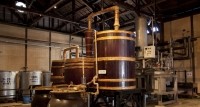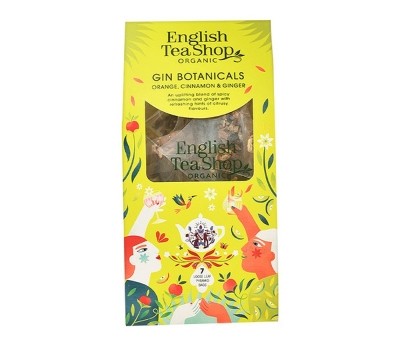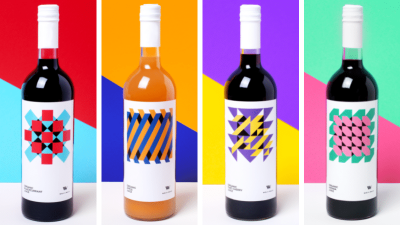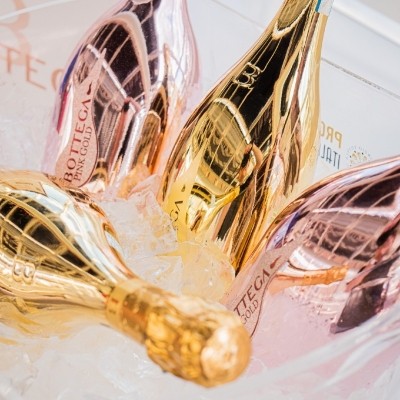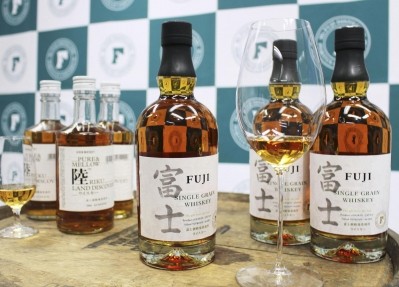‘Still many untapped markets’: Japanese Shochu distillery sees greater potential for export growth
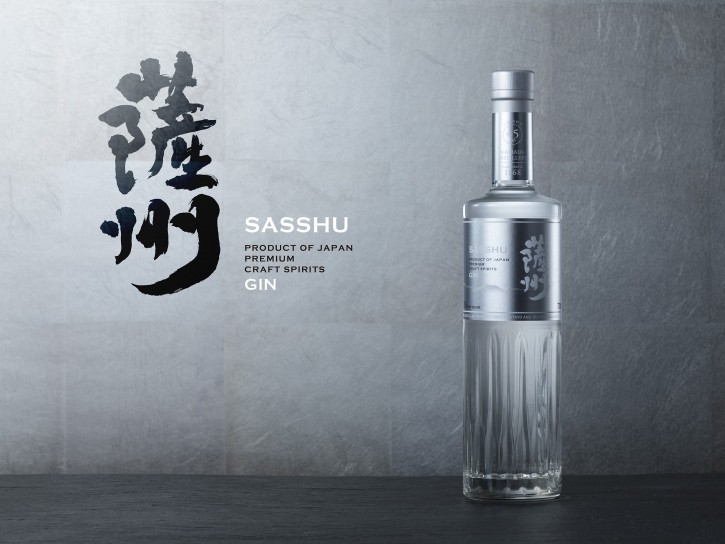
Founded in 1868 in Southwestern Japan, Hamada Syuzou uses traditional Japanese distillation techniques and local ingredients in its spirits-making. It currently operates three distilleries in Japan, specializing in making Shochu – a traditional Japanese alcoholic beverage.
It launched its premium craft gin product known as SASSHU gin premium craft spirits in May and is set to export to China, Taiwan, Hong Kong and Singapore, the UK, France, and the US from this month.
Speaking to FoodNavigator-Asia, Shuro Kawano, public relations specialist with Hamada Syuzou, said there was already an appreciation of Japanese craft gin in the domestic market. Secondly, Japan is also traditionally known for its distilleries, and its value is now channelled towards gin-making.
Its new craft gin is available in 700 ml bottles with a 45% alcohol content.
Its key ingredients include 14 botanicals including yuzu (sour pomelo), sansho (Japanese pepper), green tea, and sakura (cherry) leaves; as well as black koji mould (a fungus scientifically known as Aspertillus oryzae) found in its core product, Honkaku Shochu.
Its new craft gin product infuses Japanese botanical ingredients with a traditional alcoholic beverage known as Honkaku Shochu (Source: Hamada Syuzou)
“A fusion of Western spirits and Japanese world view”
Notably, its new craft gin product is versatile in its use – either as an ingredient in cocktails or enjoyed in a traditional manner with hot water to savour the aroma and taste of the botanicals.
Its press release described the flavour of the product being “a savour of woodiness derived from juniper berry, then comes freshness from citrus fruit followed by a sweet and plump aftertaste from Japanese ingredients.” The product is recommended for use in martinis, negronis, or any other gin-based cocktails.
Consumer trends guiding innovation
Aside from product versatility, Kawano said that the brand is keeping in view some consumer trends in its NPD:
“Among Generation Z, there is a noticeable lifestyle trend of consciously choosing not to drink, known as the sober curious movement, as well as an increase in health-conscious individuals who regularly consume low-alcohol beverages.
“Among affluent individuals, there is a growing number of people who desire to drink on special occasions, showcasing a preference for a balanced and indulgent lifestyle.
“Furthermore, companies focusing on environmental sustainability have begun to enter the global alcoholic beverages market.”
Kawano acknowledged that the “Shochu” category is not as recognizable in the global distilled spirits market. It hopes to boost the category by combining Japanese tradition with innovation to make it palatable for today’s consumers.
Internationalising Japanese spirits
Kawano said that there are “still many untapped markets for us” that includes South Asia and Nordic countries.
Within its Asian markets, it added that there is some awareness of high-quality Japanese products due to high tourism coming from these places.
For its Western markets in the US and Europe, Kawano said that customers have some level of appreciation of made-in-Japan spirits and that its appeal would be easily conveyed in these regions.
